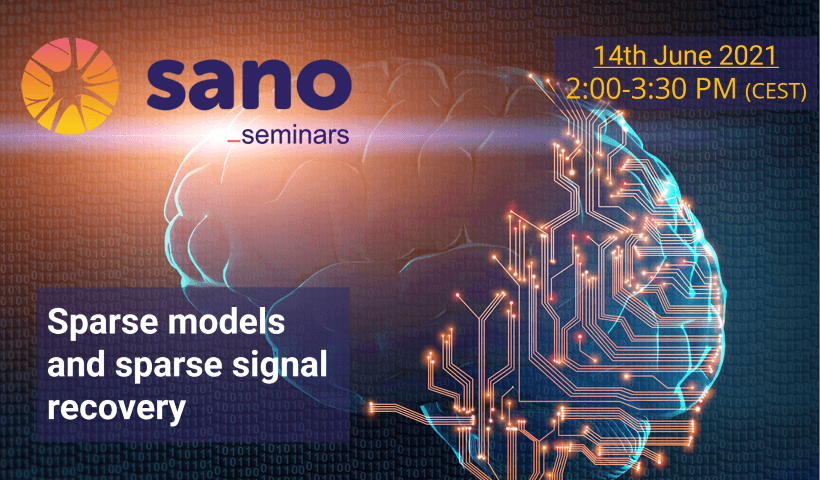Sparse solutions, that is, vectors with few non-zero components, are preferred over arbitrary solutions in many practical settings. In this talk, we will focus on two examples where sparse solutions are desired. First, we will discuss linear classification models with sparsity-inducing regularizer for predicting risk of pregnancy complications from human microbiome data. Second, we will discuss compressed sensing methods that can recover an unknown vector from a small number of measurements, provided that the unknown signal vector is sparse. We will focus on the case of nonnegative signals which are typically found in biomedical setting.
Dr. Tomasz Arodź holds a PhD in computer science from AGH University of Science and Technology, Krakow, Poland, and an MS in Biotechnology from Jagiellonian University. He is currently an associate professor at the Department of Computer Science in the College of Engineering at Virginia Commonwealth University in Richmond, USA. His research is focused on data science for biomedical problems, as well as on novel models and methods in machine learning.





